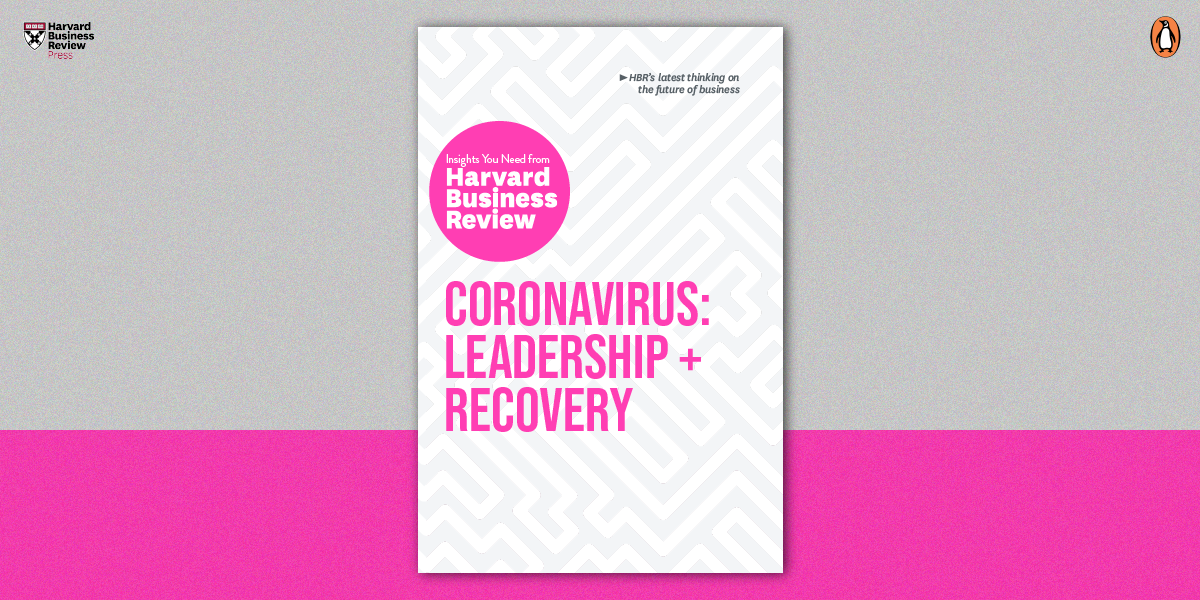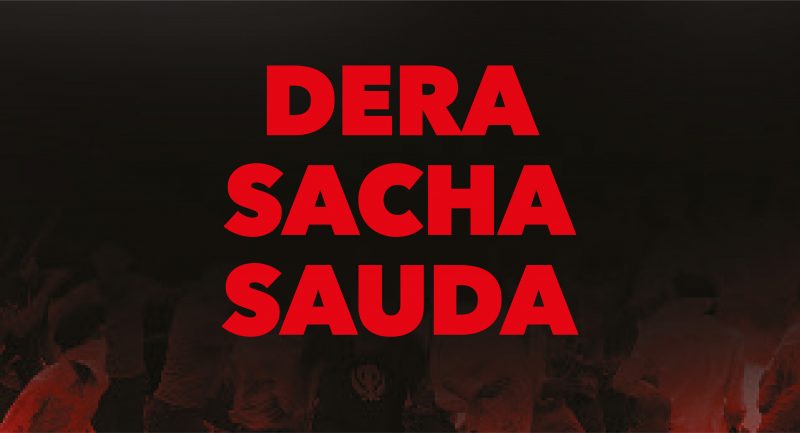
‘Pessimism can become a self-fulfilling prophesy.’
-Martin Reeves and Jack Fuller
Coronavirus: Leadership and Recovery is a forward-looking work. It navigates the pandemic with innovative insights that can help businesses move ahead of crisis management at a time when imagination has become extremely crucial to problem solving. For a glimpse into the book, here is an excerpt:
~
As the coronavirus continues its march around the world, governments have turned to proven public health measures, such as social distancing, to physically disrupt the contagion. Yet doing so has severed the flow of goods and people, has stalled economies, and is in the process of delivering a global recession. Economic contagion has spread as fast as the disease itself.
This didn’t look plausible even in early March. As the virus began to spread, politicians, policy makers, and markets, informed by the pattern of historical outbreaks, looked on while the early (and thus more effective and less costly) window for social distancing closed. Now, much farther along the disease trajectory, the economic costs are much higher, and predicting the path ahead has become nearly impossible, as multiple dimensions of the crisis are unprecedented and unknowable.

The window for social distancing—the only known approach to effectively addressing the disease—is short. In Hubei province it was missed, but the rest of China made sure not to miss it. In Italy the window was missed, and then the rest of Europe missed it too. In the United States, which was constrained by insufficient testing, the early window was also missed. As the disease proliferates, social-distancing measures will have to be enacted more broadly and for longer to achieve the same effect, choking economic activity in the process.
Another wave of infections remains a real possibility, meaning even countries that acted relatively quickly are still at risk every time they nudge their economies back to work. Indeed, we have seen resurgence of the virus in Singapore and Hong Kong. In that sense, only history will tell if their early and aggressive responses paid off.
Another wave of infections remains a real possibility, meaning even countries that acted relatively quickly are still at risk every time they nudge their economies back to work. Indeed, we have seen resurgence of the virus in Singapore and Hong Kong. In that sense, only history will tell if their early and aggressive responses paid off.
… However, we think examining various scenarios still adds value in this environment of limited visibility. The idea of “crisis management” requires no explanation right now. Something unexpected and significant happens, and our first instincts are to defend against—and later to understand and manage—the disturbance to the status quo. The crisis is an unpredictable enemy to be tamed for the purpose of restoring normality.
But we may not be able to return to our familiar precrisis reality. Pandemics, wars, and other social crises often create new attitudes, needs, and behaviors, which need to be managed. We believe that imagination—the capacity to create, evolve, and exploit mental models of things
or situations that don’t yet exist—is the crucial factor in seizing and creating new opportunities, and finding new paths to growth.
Imagination is also one of the hardest things to keep alive under pressure.
… In other words, renewal and adaptive strategies give way to classical planning-based strategies and then to visionary and shaping strategies, which require imagination.
…In a crisis, we likely won’t have immediate answers, and we therefore need to employ good questions. The most natural questions in a crisis tend to be passive, for example, “What will happen to us?” However, the possibility of shaping events to our advantage only arises if we ask active questions, such as “How can we create new options?” Creativity involves reaching beyond precedents and known alternatives to ask questions that prompt the exploration of fresh ideas and approaches.
~
Positing the power of creative imagination at the forefront, this book explicates the economic impact of the pandemic and tackles the fallout from its chokehold over businesses and economies.









